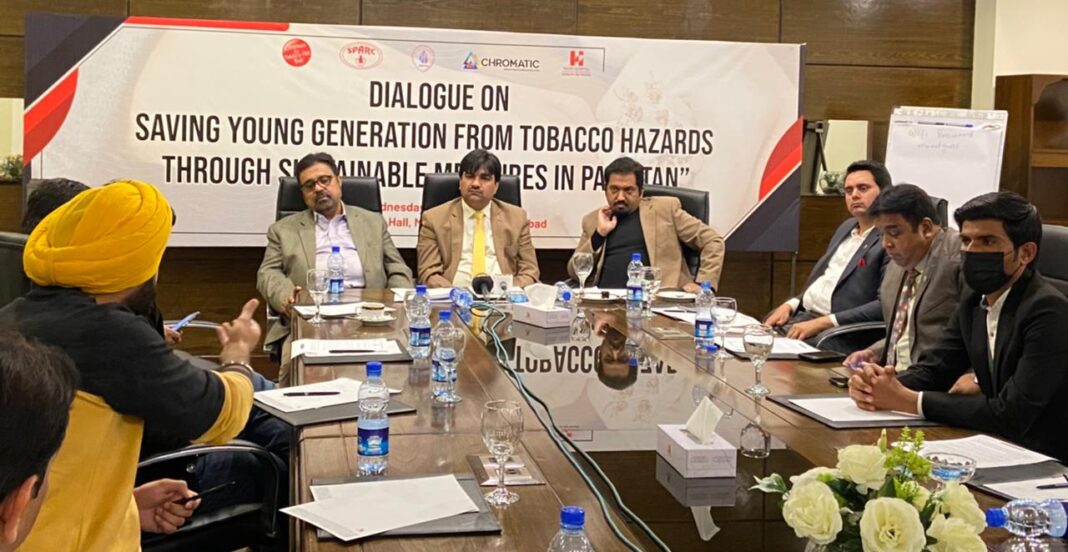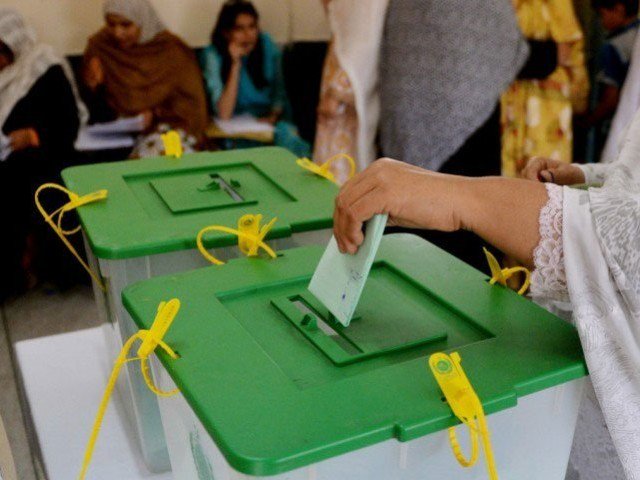By: Our Correspondent
ISLAMABAD: A dialogue was organized on saving the young generation from tobacco hazards through Sustainable Measures in Pakistan.
Anti-Tobacco activists showed their concern about the high prevalence of smoking among youth. Requested govt to increase the taxes by 30% as per the WHO recommendation to dampen the consumption.
Dr. Ziauddin Islam, former technical head, tobacco control cell, ministry of Health said youth is the main victim of the tobacco industry. The industry considers adolescents as replacement smokers.
Unfortunately, cigarettes in our country are available at some of the cheapest rates in the region, which makes them affordable for youth.
As children are price sensitive, increasing tobacco taxes to 30% will help prevent youth from starting to smoke
He added that tobacco taxation is a major component of a comprehensive tobacco control strategy. To completely understand the benefits, it is necessary to understand the impact of increased taxes among high-risk subpopulations. Raising taxes on tobacco is widely regarded as the most effective and cost-effective measure to reduce tobacco use. Higher cigarette taxation can serve a dual objective of public health promotion and revenue generation in Pakistan.
Khalil Ahmed, Program Manager SPARC mentioned the poverty element, while speaking of affordability he said daily 1200 Pakistani children between the ages of 6-15 years start smoking every day. It is very disturbing that 15.3% of teens start smoking before the age of 15, he added.
He also mentioned the health cost due to tobacco-related diseases is Rs 615 Billion which is 1.6% of Pakistan’s GDP. Taxation on tobacco should be increased to balance the health deficit and to reduce its consumption.
Mr. Shariq Mahmood Khan, CEO of Chromatic Trust, said Smoking is one of the leading causes of preventable deaths globally. Among various policy interventions to reduce cigarette consumption, tobacco taxation is the most effective. Evidence suggests that higher cigarette taxes deter smoking initiation, reduce cigarette consumption, and even lead smokers to quit. Hence, the price-increase strategy through taxation effectively reduces the overall prevalence of smoking.
The dialogue was organized by Society for the Protection of Rights of the Child (SPARC).








